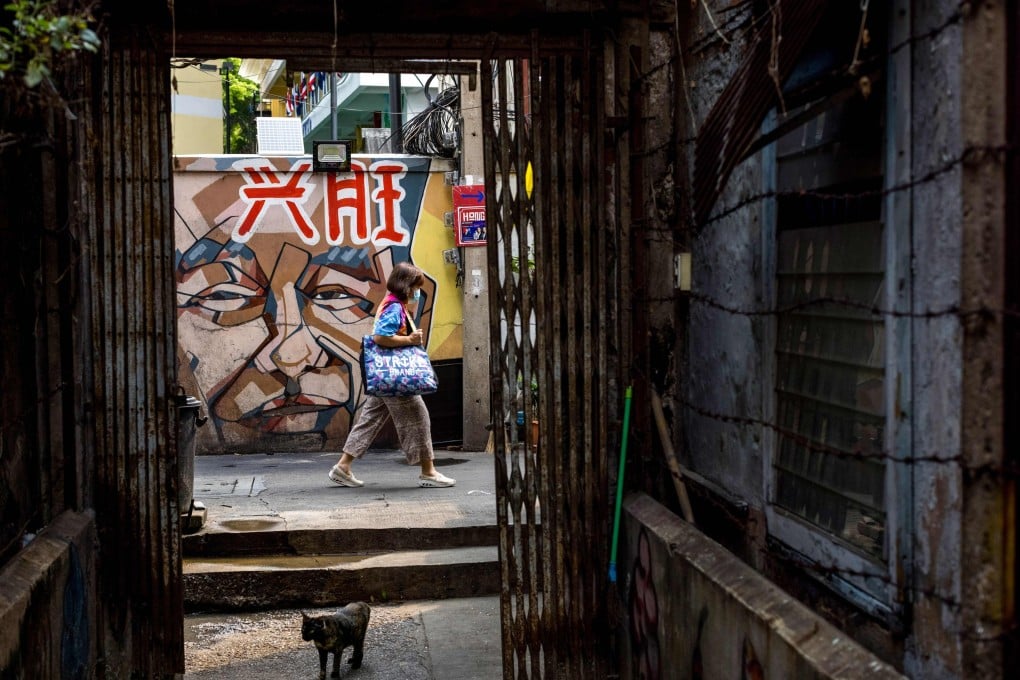Opinion | New Chinese migrants to Thailand hit with negative stereotypes, language barrier form ‘parallel communities’
- Unlike earlier Chinese migrants to Thailand, many ‘xin yimin’ are more transient and report finding social interactions with local Thais challenging
- Hindered by communication struggles and negative stereotypes, they tend to seek out their fellow Chinese in search of belonging and support

Earlier migrants found success, studies show, by assimilating and integrating into Thai culture, but over recent decades a new generation of Chinese migrants has emerged who do not necessarily aim to settle in their host countries.
These new, more transient migrants may be mainly searching for business opportunities and to pursue a better quality of life, strategically encouraged by China to explore such opportunities overseas as part of its official discourse on xin yimin (new migrants) – even as others simply wish to pursue personal dreams.

Thailand became a prime destination for many, and since the 2000s, they have moved to its big cities in substantial numbers. By 2020, the number of new Chinese migrants in the country had reached 77,000 – variously moving for business, education, lifestyle and leisure.
But they have reported finding social interactions with local Thais challenging, citing language barriers and a lack of social communication skills – plus the negative stereotypes about foreign Chinese held by the locals.
Thai perspectives
Thai diplomatic discourse has historically emphasised deep historical and cultural ties between the two nations, with China portrayed as a generous big brother – a narrative that is nonetheless slowly changing amid contemporary US-China rivalries.


